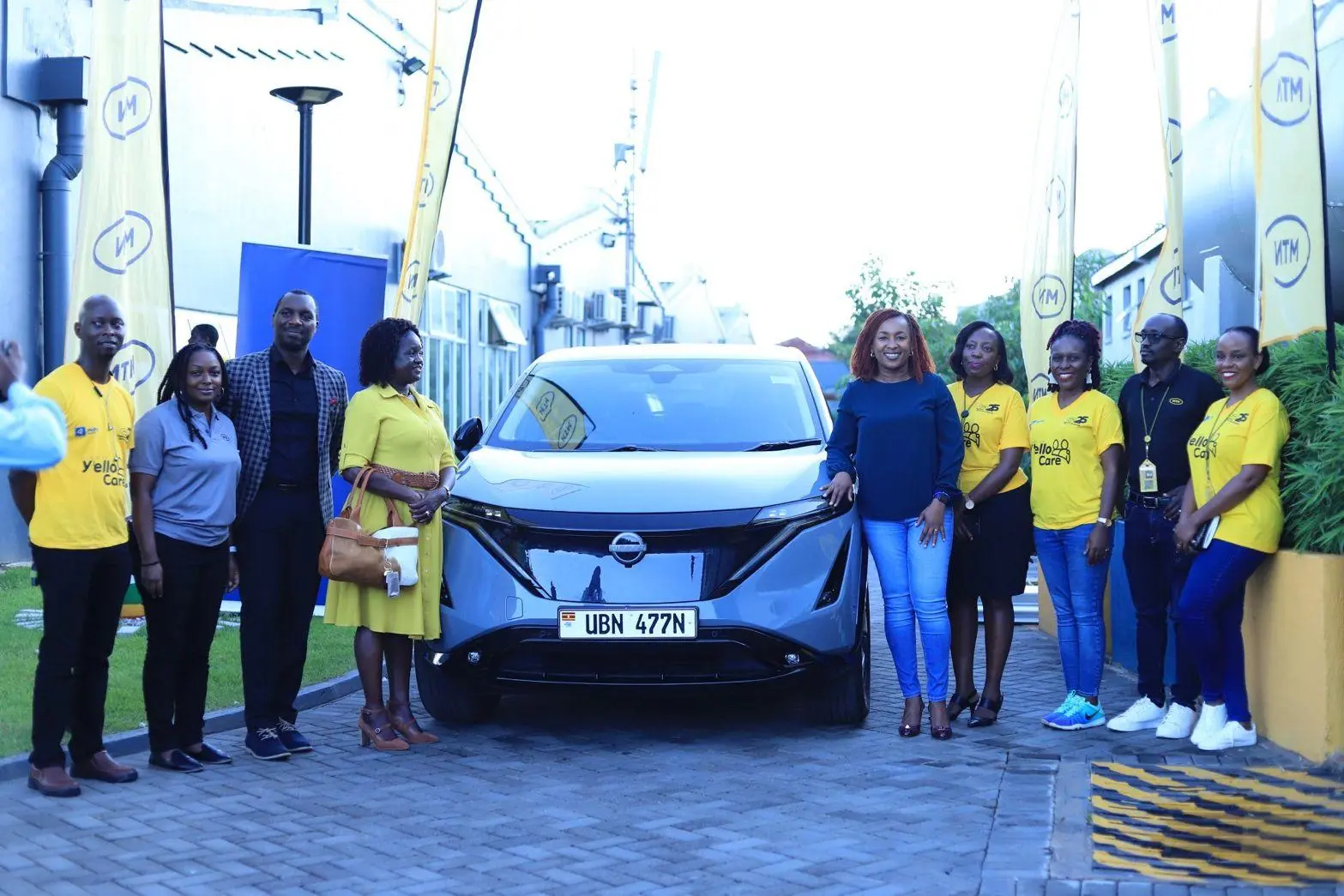Following negotiations between President Yoweri Museveni and the South Korean company community owning HINENI Ltd over the opening of a new plant to produce electric batteries and components in Uganda, Uganda’s motor vehicle sector is poised for a significant take-off. These very ambitious ideas seek to align Uganda’s automotive sector with Kiira Motors Corporation’s mission.
This cooperation with HINENi Ltd represents another strategic move towards the nation’s goal of boosting local manufacturing capability for relevant components and electric automobiles. By eliminating reliance on the importation of car parts, the project will hasten the nation’s green energy transition and sustainable industrial development.
Read also: Watu to transform Africa’s e-mobility with 10,000 electric bikes in 2024
Leading the automobile vision of Uganda
During the tour, the President said he wanted to see Uganda’s automotive sector grow and that local manufacturers could create jobs, lower import costs, and help the country become self-sufficient. Thus, one of the critical elements in making Uganda a manufacturing centre for electric vehicles in Africa would be the proposed electric battery plant.
Kiira Motors Corporation is Uganda’s leading proponent of electric transportation and the country’s flagship vehicle manufacturer. Its goal is to answer government ambitions about environmental sustainability and industrialisation. Kiira Motors wants to use locally manufactured electric batteries to set records on the African automotive scene.
Sustainable development and green energy for Uganda
The established ones show Uganda’s dedication to green energy solutions and one such cooperation with HINENI Ltd. These days, this new plant is producing electric batteries containing certain essential parts for electric cars. This fits the tendencies of global decarbonisation and sustainable energy.
In his comments, President Museveni highlighted the possible financial gains from the cooperation, saying the factory would create different employment possibilities for Ugandans, inspire technological innovation, and rank Uganda as one of the giants in electric vehicles on the African map.
Read also: African EV business Spiro grows in Nigeria
One of the main consequences of building an electric battery facility will be its far-reaching impact on the Ugandan economy. It will help establish local businesses, reduce the proportion of imported automotive components the nation consumes, and increase Uganda’s export possibilities in the automotive sector.
The nation is realising its long-term goals by forming alliances with the best of the globe, including HINENI Ltd., thereby guaranteeing their fulfilment.
Apart from Uganda’s automotive sector, this suggested battery and components electric plant would support environmental sustainability, employment creation, and economic development for the nation.
Uganda’s deliberate technological investments lead to a promising future for the nation’s automobile industry. Working with HINENI Ltd. will provide Uganda with unambiguous guidance on reaching its goal of being a regional leader in electric car production.





One response to “Driving Uganda’s electric future”
[…] Source […]